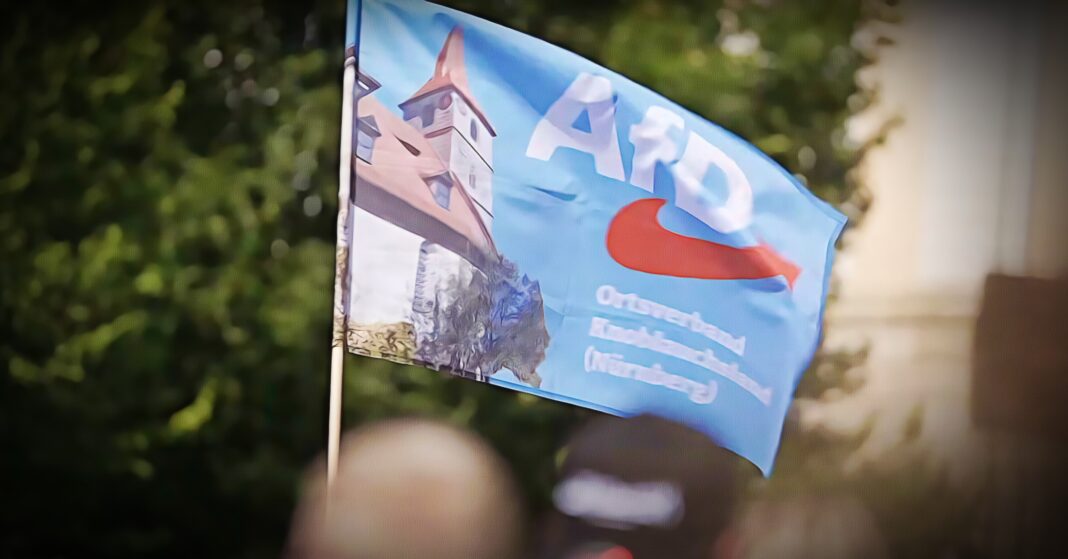The elections in the two eastern German states of Thuringia and Saxony, which are roughly comparable to our regional consultations, have destabilized the national and federal political framework. The far-right Alternative for Germany (AfD) party became the leading political force in Thuringia, and never before has the AfD won first place in a state. In Saxony, too, the AfD did not fare badly, coming in second, but with a minimal percentage difference from the first place finisher, the Christian Democrats of the CDU. On the other hand, in both Thuringia and Saxony, it went badly for all the left-wing parties, from the Social Democrats of the SPD, the party of Chancellor Olaf Scholz, to the Greens and even the Communists of the Left Party, undermined, moreover, by their splinter Sahra Wagenknecht, who has created a movement, the BSW, centered around her person and her name. The repercussions of this vote have inevitably reached Berlin, given the collapse of the SPD, and from the AfD side, Chancellor Scholz is being asked to pack his bags. The Chancellor is unlikely to leave, but there is no doubt that he cannot ignore the strong rejection of his party and government.
There are internal reasons behind the outcome of these elections, but the AfD’s exploit must be seen in a broader European, not just German, framework, and cannot be categorized as an unexpected event that suddenly materialized on planet Earth. The Alternative for Germany made a splash in Thuringia and Saxony, but this political subject has been on a steady rise for several years, and in the recent European elections it was able to condemn Scholz’s SPD to its first electoral humiliation. Why does an alliance considered populist and extremist win so many votes, while other forces similar to the AfD do just as well here and there on the old continent? The answer has been known for at least a decade, but some of Europe’s ruling classes keep trying to evade it, only to end up strengthening their fiercest opponents.
The peoples of Europe, all of them, from North to South, from West to East, have for some time been sending countless signals of their deep dissatisfaction with a European Union that is bureaucratic, allergic to the will of the citizens, characterized by decisions and directives – think of the dirigiste imposition of the ecological transition – that are imposed from above by a small number of people, and, finally, insufficient in the face of mass clandestine migration and the protection of the continent’s external borders. And yet a certain political establishment, the various lefts, leaders such as the French president Emmanuel Macron and Olaf Scholz himself, continue to pay no attention to the increasingly deafening alarm sirens and continue with palace operations such as those that led to the re-election of Ursula von der Leyen. It is no coincidence that even in Thuringia and Saxony the parties that suffered most were those of the so-called Ursula majority.
Popular frustration is channeled wherever it can be channeled into what, shall we say, the political market offers. In Germany, it fuels a party like the AfD and also the newborn personalist movement of the left-wing splinter Sahra Wagenknecht, who, although coming from the left, fights against green degeneration and unregulated immigration. But in other circumstances, as happened in Italy in 2022 with the victory of Giorgia Meloni and the Fratelli d’Italia, the undeniable desire for a new and different Europe is satisfied by a patriotic conservatism that aims at the confederation of European nations, the only way out of the dead end of the EU dear to Macron and Scholz, but carries on a pragmatic struggle, without jumping into the dark, especially at the financial and monetary level, and without looking back to the 1930s.



